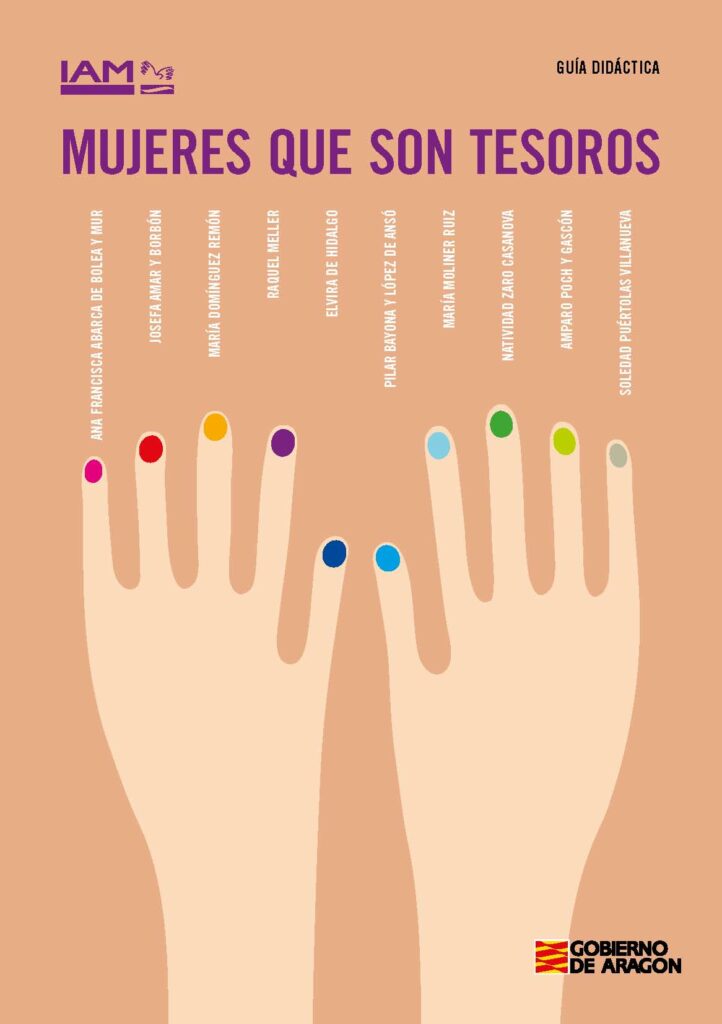Esta entrada también está disponible en: Aragonés Català Español Français English
Do women do that?
I have a mountain guide friend. Imagine a woman on a mountain in the Pyrenees and several people following her as she shows them the route and guides them through the necessary manoeuvres to get to the top safe and sound. Have you imagined it? OK, now tell me the truth: did it surprise you? Did it cross your mind that it’s not very common?
I’m going to confess something to you. Don’t tell it, I’m really ashamed, eh? One day I was at the doctor’s and a woman came in. She started to ask me the symptoms of what was wrong with me and asked me several questions until I realised that it wasn’t the nurse, it was the doctor. I looked at myself like an idiot, why had I assumed it wasn’t the doctor who was coming to treat me? Why are there professions that we associate with a particular gender? What if I had gone a step further and asked her where the doctor was? I swear I would have died of embarrassment, but how would she have felt?
That friend of mine I was telling you about earlier faced an interesting question when she was a child: she didn’t know that she could consider becoming a mountain guide. One day, her parents, who were keen on the environment, took her to do an activity and they happened to meet a guide who was a woman and then, on seeing her, my friend said to her: “Ah, but can women be mountain guides? She found out that same day, until then, she had never seen a woman who did that, there were and still are very few.
It is true that, at least in theory, nowadays a woman can be a footballer, a mountain guide or any profession that is usually associated with the male gender, but is it even going to cross your mind that you can do it if you don’t see any woman doing it? And if you don’t think you can be a doctor, astronaut, engineer, footballer, surgeon or any other profession, to what extent are you freely choosing what you want to do?
If I have chocolates of various kinds and I tell you that you can take the one you like best, but there are a couple, perhaps the richest of all, that I put behind a plant on the table so that you can’t see them, when you choose a chocolate, is it a free decision or is it conditioned?
Description
On International Women’s Day, women around the world, often separated by national borders and ethnic, linguistic, cultural, economic and political differences, come together in the hope of achieving gender equality, and thereby contributing to justice, peace and development.
8 March refers to ordinary women as shapers of history and is rooted in a centuries-long struggle to participate in society on an equal footing with men.
The International Women’s Day was first commemorated in 1975 by the United Nations, which proclaimed it two years later at its General Assembly. But its origins go back even further, to women’s demonstrations in the late 19th century calling for the right to vote, better working conditions and equality between the sexes. The UN and its agencies have worked tirelessly on gender issues. In 1995 the Beijing Declaration and Platform, a roadmap signed by 189 governments, was adopted, setting out the agenda for the realisation of women’s rights; in 2015 it was included as the fifth point among the Sustainable Development Goals for 2030.
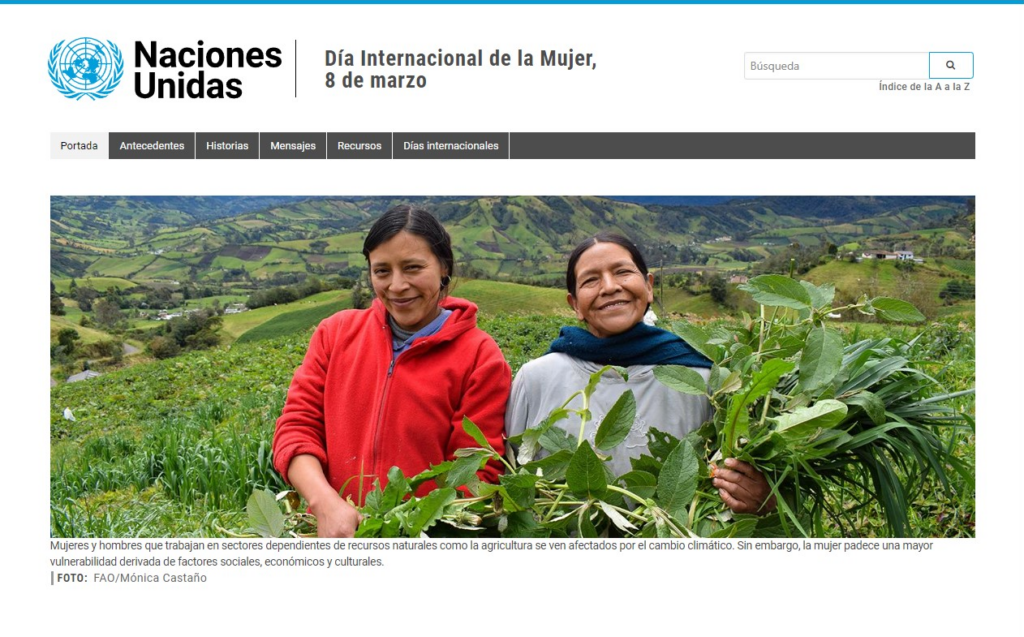
Further information
The contents and objectives of this proposal partially coincide with those of the International Day Women and Girls in Science (11 February). Due to its connotations with gender equality, it is also related to Zero Discrimination Day (1 March). Reference should also be made to the celebration of the International Day for the Elimination of Violence against Women on 25 november.
In Aragon…
In our region, almost all local and regional administrations have sections dedicated to equality policies. The Government of Aragon has an autonomous body, the Aragonese Women’s Institute, which is responsible por planning, drawing up and coordinating these policies in our autonomous community.
The main function of the IAM is to promote and encourage the conditions that make possible the effective equality of both sexes and the participation of women in all spheres of life, political, cultural, economic and social. Another of its functions is aimed at eradicating violence against women through prevention, awareness-raising, coordination and management of services and resources that allow for comprehensive care for victims of violence. It has a free telephone number for abuse emergencies in Aragon (900 504 405).
For many of its actions and projects, the IAM relies on the collaboration of different public and private entities.

A reflection
The equality dictated by laws and official documents is far from being real equality. Many everyday situations still reflect the weight of many centuries of inequality, reproducing habits that have been acquired over a long period of time and are very difficult to eradicate. It is therefore necessary to draw attention to these issues.
For years, the celebration of 8M has been an event of great relevance because it makes visible demands for progress towards real equality that are universal and felt in very diverse environments. The most striking events are the demonstrations, very well attended and with great media coverage, in many places all over the world and, among them, in many Aragonese towns.

In addition to all this, there is a proliferation of feminist collectives, associations dealing with related issues, and many entities, such as political parties and trade unions, have organisations dedicated to women, including specific attention to gender equality in their strategic documents.
Beyond an emblematic date that gives visibility to all these issues and helps to integrate them into the discourse… an idea of continuity prevails, the idea that there are many pending conquests in real life, all over the world and throughout the year.
A detail
The 2023 Women’s Day celebration advocated “for an inclusive digital world: Innovation and technology for gender equality”. In addition, this short video (in line with previous celebrations) introduces these elements in relation to a more sustainable future.
This document is one of the many contents disseminated by UN Women (the United Nations organisation dedicated to promoting gender equality and women’s empowerment). Among its objectives, in line with those linked to this International Day, are the eradication of all forms of discrimination and violence against women and girls, the elimination of exploitation and practices such as forced marriage and genital mutilation, ensuring channels for participation and decision-making in the public sphere, access to economic resources and property… among many others.
Suggestions for teachers
The UN-Women website (indicated at the beginning of the proposal) provides indicative data on current inequalities and the arduous road ahead, which can give rise to small studies to suggest to students, analyses, reflections, comments… It is also possible to find publications, reports… whose existence, at the very least, is good to give an idea of their existence. Among the many contents offered by the United Nations website dedicated to this International Day (background, chronologies, resources…), we suggest working on some of them, such as this multimedia tour.
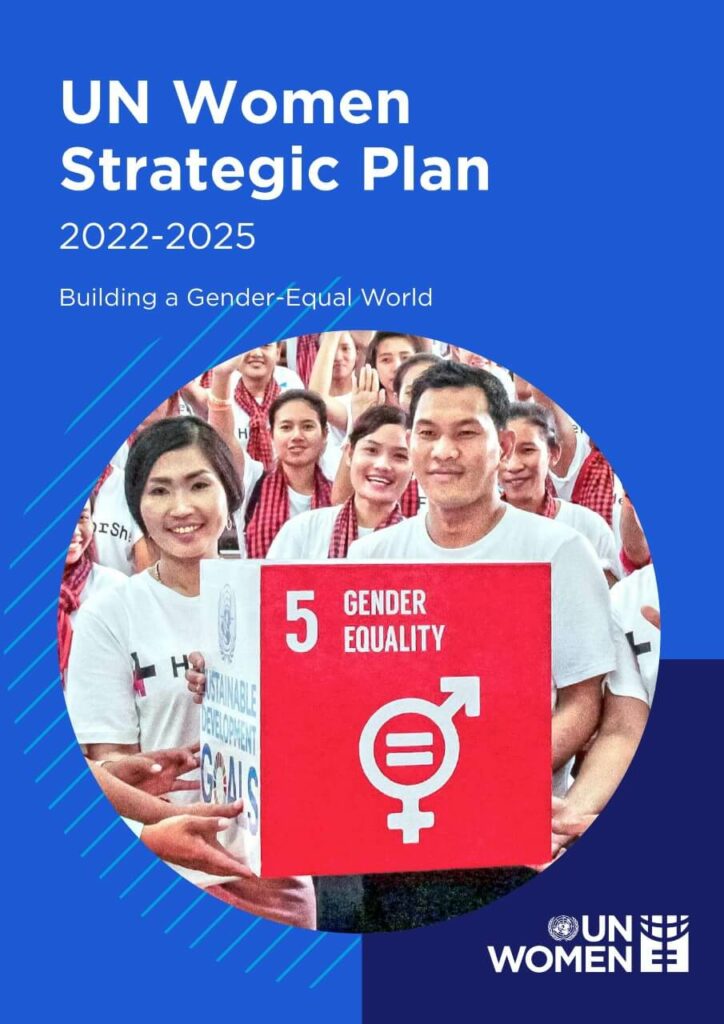
In our immediate environment, we can observe cultural projects undertaken by local and regional, private or public administrations, which can be useful when programming a curricular activity. Exhibitions, screenings, talks, etc., such as those included in the Zaragoza City Council project “Museums and Women” (in force for 2022).
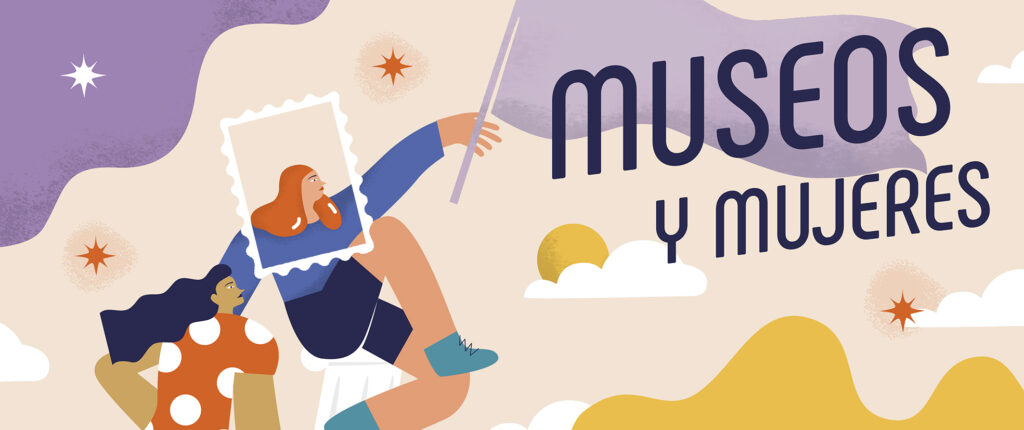
Educational guides such as Women who are Treasures (Mujeres que son tesoros) by Vicky Calavia, published by the Aragonese Women’s Institute in 2020, which highlits Aragonese women who broke barriers in different disciplines, can also be useful. In line with the dissemination of the lives of women, many of them ahead of their time, some of these biographies can be found in the project “40 illustrious people” of the Government of Aragon. They all contain very concrete didactic proposals. Among them, due to their special significance, we recommend working with the figures of Josefa Amar y Borbón and María Domínguez among many other women with assigned content.
Cross-cutting elements
The development of values that promote effective equality between men and women and the prevention of gender violence will be promoted, as well as the values inherent to the principle of equal treatment and non-discrimination for any personal or social condition or circumstance.
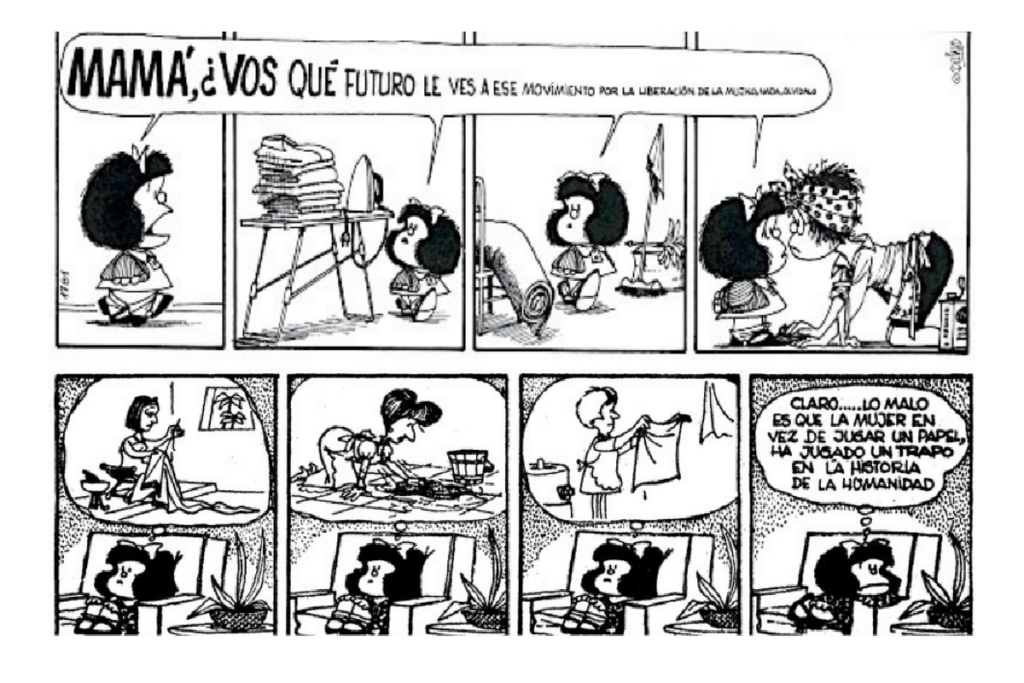
Learning the prevention and peaceful resolution of conflicts in all areas of personal, family and social life will be encouraged, as well as the values that underpin freedom, justice, equality, political pluralism, peace, democracy, respect for human rights and the rejection of terrorist violence, plurality, respect for the rule of law, respect and consideration for the victims of terrorism and the prevention of terrorism and any kind of violence.
Likewise, children’s rights will be promoted and disseminated in the educational sphere. As stated in Law 52/2007, of 26 December, which recognises and extends rights and establishes measures in favour of those who suffered persecution and violence during the civil war and dictatorship, constitutional values will be fostered and knowledge and reflection on our past will be promoted in order to avoid the repetition of situations of intolerance and violation of human rights such as those experienced at the time.
The teaching programme must in all cases include the prevention of gender violence, terrorist violence and any form of violence, racism or xenophobia, including the study of the Jewish Holocaust as a historical fact. Sexist behaviour and content and stereotypes involving discrimination will be avoided.
The curriculum incorporates elements related to sustainable development and the environment, the risks of sexual exploitation and abuse, abuse and mistreatment of people with disabilities, bullying, risk situations arising from the use of Information and Communication Technologies, as well as protection against emergencies and catastrophes.
Objectives that this proposal helps to achieve
ESO:
- To assume responsibly their duties, to know and exercise their rights in respect for others, to practice tolerance, cooperation and solidarity among people and groups, to exercise dialogue, strengthening human rights and equal treatment and opportunities between women and men, as common values of a plural society, and to prepare for the exercise of democratic citizenship.
- To value and respect the difference between the sexes and the equality of rights and opportunities between them. Reject discrimination against people on grounds of sex or any other personal or social condition or circumstance. Reject stereotypes that discriminate between men and women, as well as any manifestation of violence against women.
- To strengthen their affective capacities in all areas of their personality and in their relationships with others, as well as to reject violence, prejudices of any kind, sexist behaviour and to resolve conflicts peacefully.
Baccalaureate:
- To exercise democratic citizenship, from a global perspective, and acquire a responsible civic conscience, inspired by the values of the Spanish Constitution, as well as by human rights, which fosters co-responsibility in the construction of a just and equitable society.
- To consolidate personal and social maturity that allows them to act responsibly and autonomously and to develop their critical spirit. To foresee and resolve personal, family and social conflicts peacefully.
- To promote effective equality of rights and opportunities between men and women, to analyse and critically assess existing inequalities and discrimination, and in particular violence against women, and to promote real equality and non-discrimination of people for any personal or social condition or circumstance, with special attention to people with disabilities.
Subjects with which it can be linked
- Ethical values (ESO, 1st and 2nd cycles)
- Education for citizenship and human rights (ESO, 2nd cycle)
- Baccalaureate: To be assigned according to modality
Development of competences
- Social and civic competences

